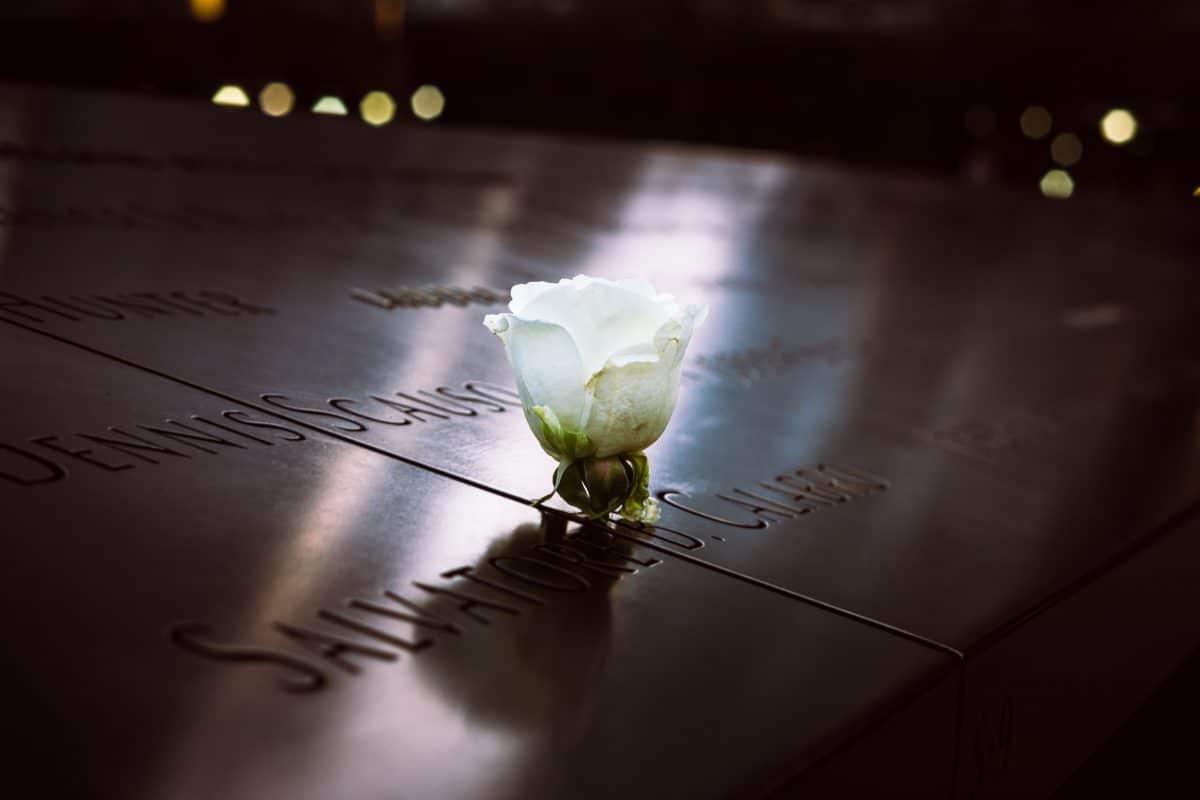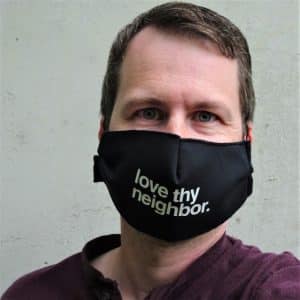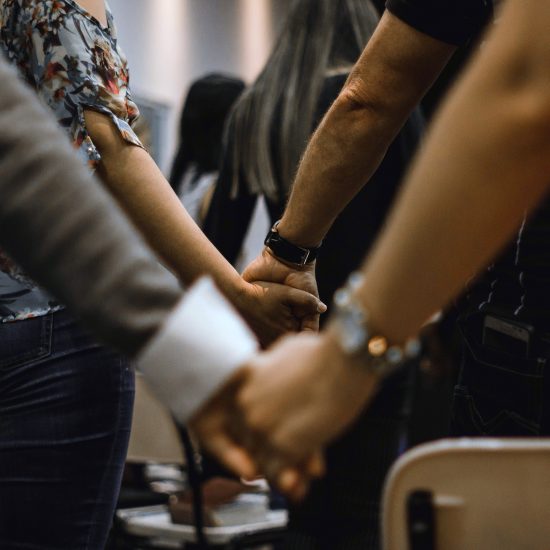
Never forget.
This weekend the message we will rightly hear is to remember the tragedy of 9/11. Never forget the 2,996 souls lost.

Brian Kaylor
I still recall hearing the news that day while on campus as a college student. Then watching the scenes play out hour after hour on TV. Although moments like 9/11 stick in our minds longer, time can still fog memories. We tell ourselves not to forget because moving on can be tempting. The danger is convincing ourselves it wasn’t that big. We stop feeling today what we felt back then.
But more than time, I’m worried about the selective memory we seek. We seem collectively numb to some deaths. More than 175,000 people died during the 20-year conflict that just ended in Afghanistan. Even more died in Iraq. Will we forget those? Did we even remember them in the first place?
Not only do we not actually “never forget” many deaths, we don’t even seem able to stop and lament deaths happening right now. Over 670,000 Americans have died from COVID-19, and more than 4.6 million globally. There was a month-long period at the start of this year when we lost more people from COVID-19 in the U.S. every day than on 9/11. More than 3,000 every day. Even this far into the pandemic we’re still hitting the 9/11-mark every two days.
And yet we see cable talking heads politicizing life-saving vaccines. We see politicians fighting to stop life-saving measures like masks in public schools. We see Facebook memes spreading misinformation about the virus.
What if during this pandemic we stopped for a day of remembrance for those lost? What if we held a big service in the National Cathedral every time 3,000 people died from COVID-19? What if the evening news scrolled through the names each day? How might that have shaped our responses? Forcing ourselves to see the deaths, to feel compassion, to grieve?
Surely it would’ve sparked more action to stop the deaths. Instead, many of the same politicians who will be holding ceremonies Saturday to “never forget” have turned a blind eye to the daily losses they’re helping oversee through their deadly policies.
Before we can “never forget,” we must first see. We must first feel.

(Willem-Jan Huisman/Unsplash)
That’s what we forgot. We remember the terrorist attack. We remember that people died. But I wonder if we forgot our emotions, our compassion for our neighbors suffering in New York, Washington, and Shanksville. Remembering 9/11 should be less about patriotism and more about compassion. It should be less about militarization and more about lamenting the violence.
It’s about remembering what it means to be human. More than that, it’s about remembering the One who made us in the divine image. Remembering that all those lost on 9/11, throughout the wars, and to the ravages of COVID-19 carried the image of our Maker. And may we never forget that.
Brian Kaylor is president & editor-in-chief of Word&Way. Follow him on Twitter: @BrianKaylor.

